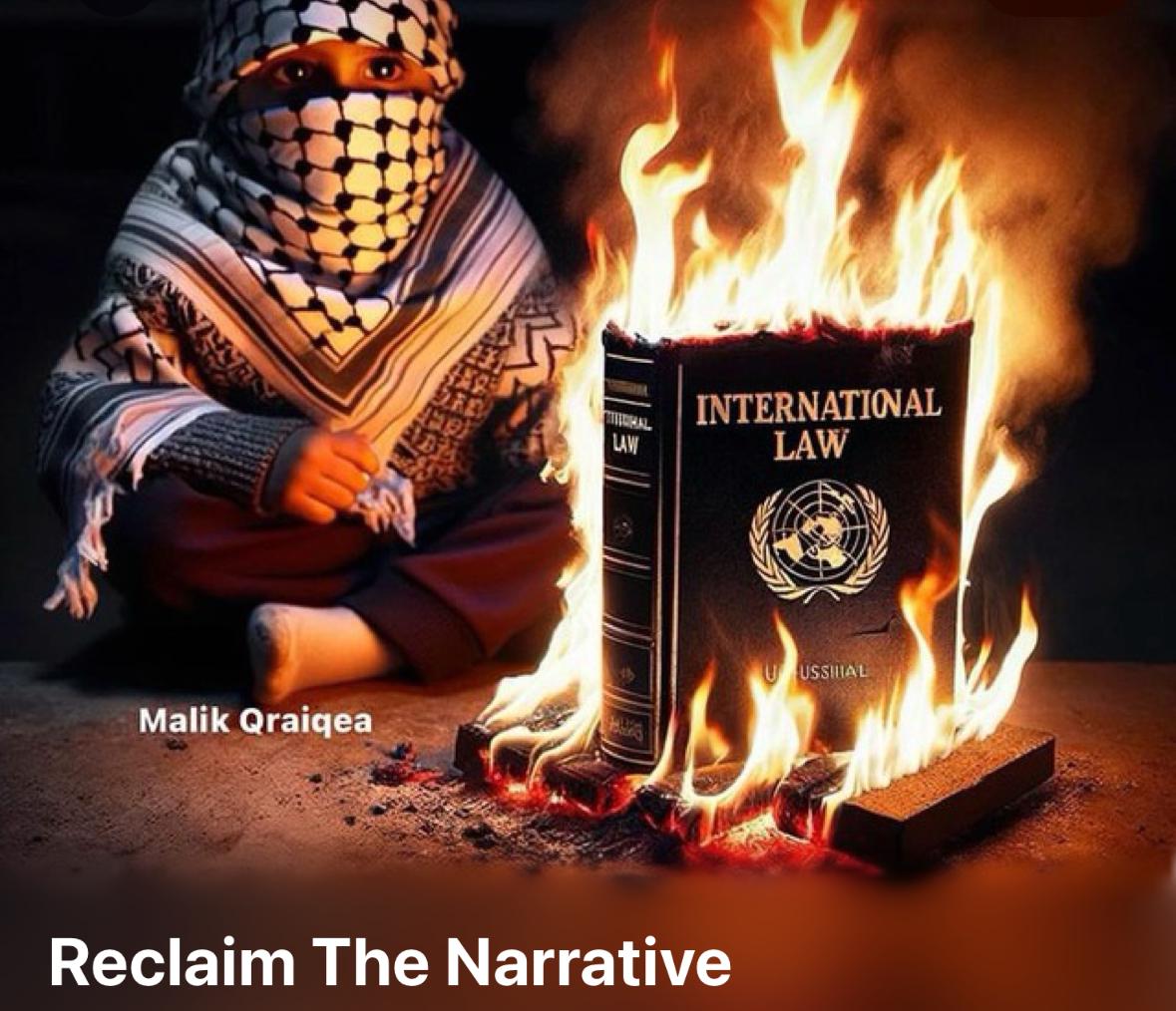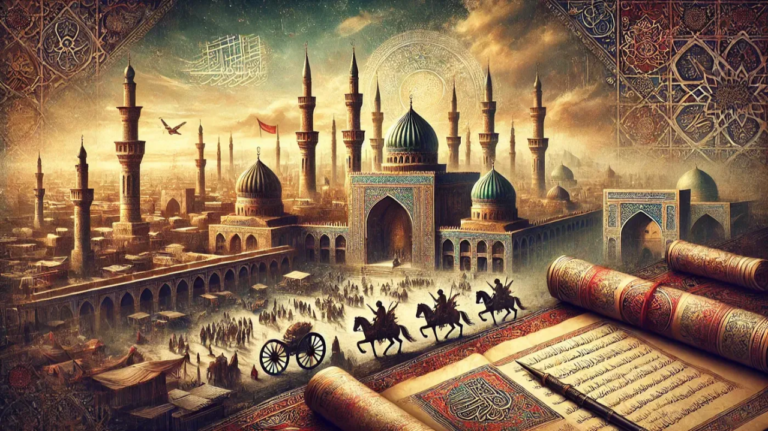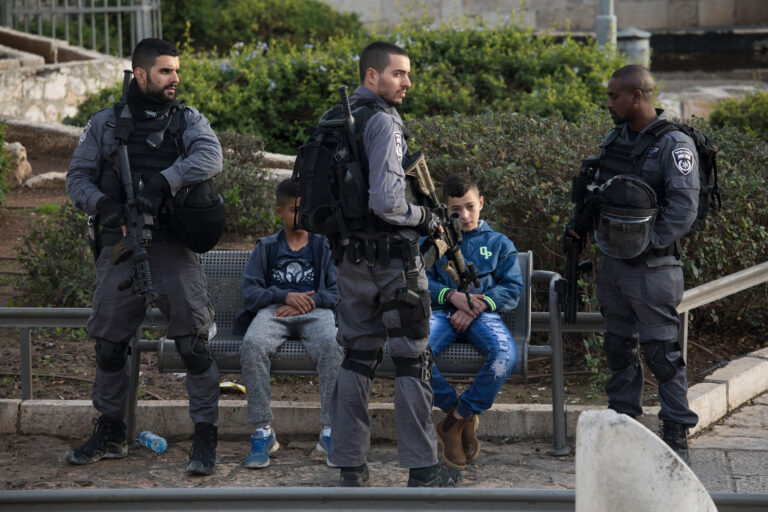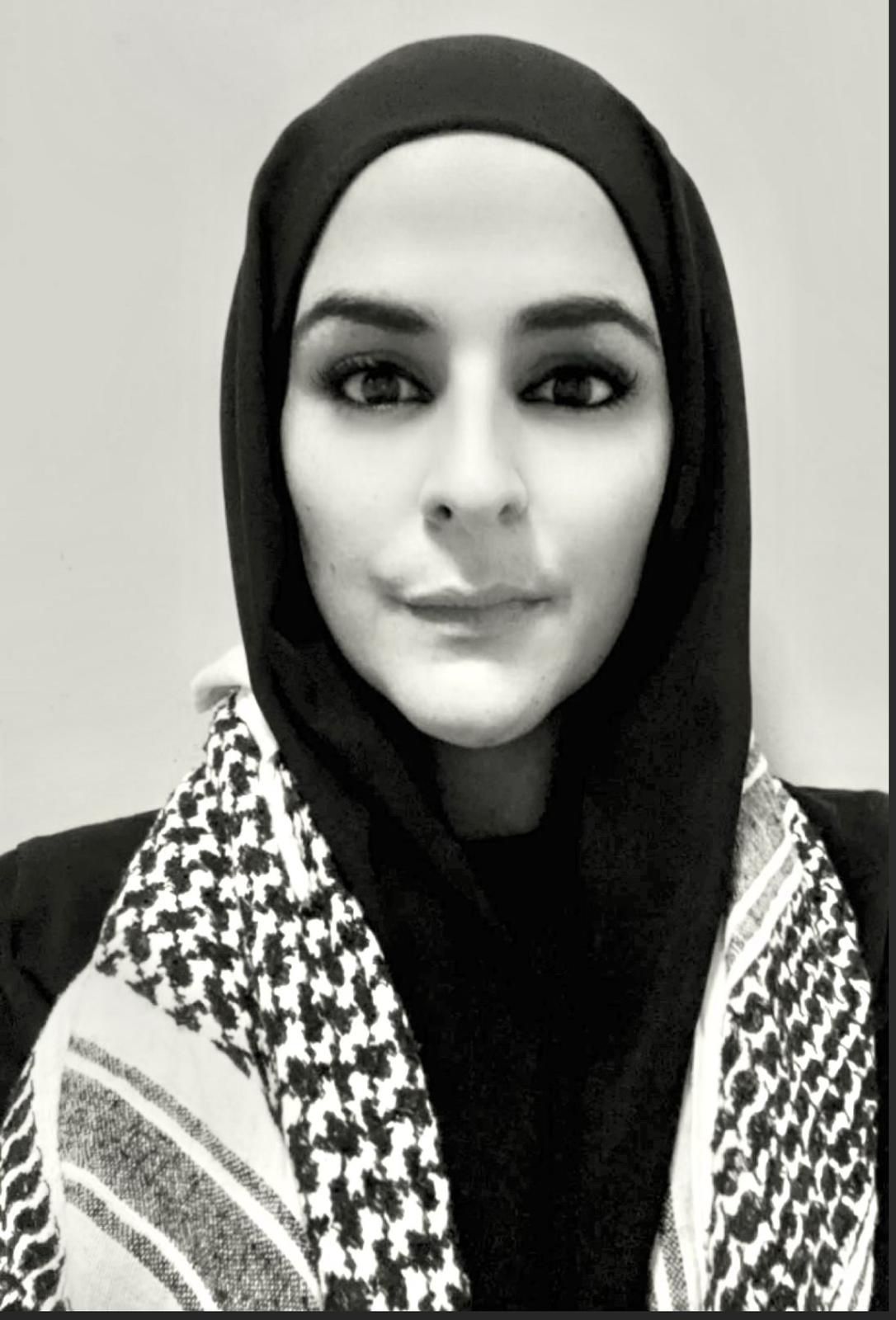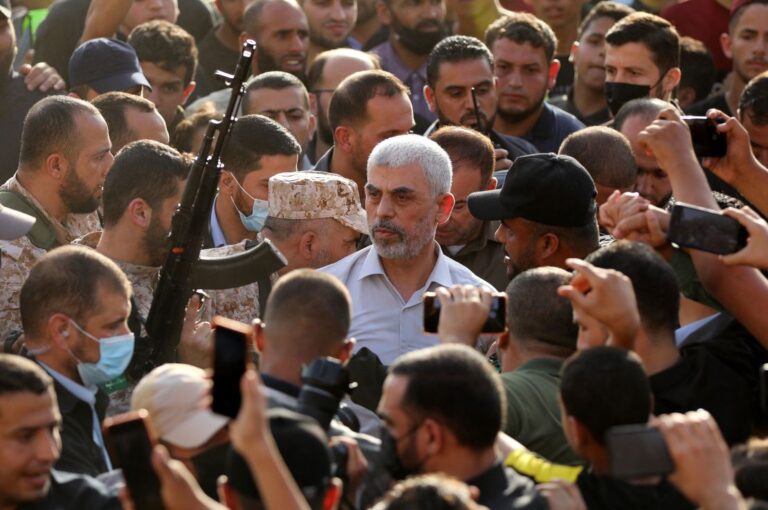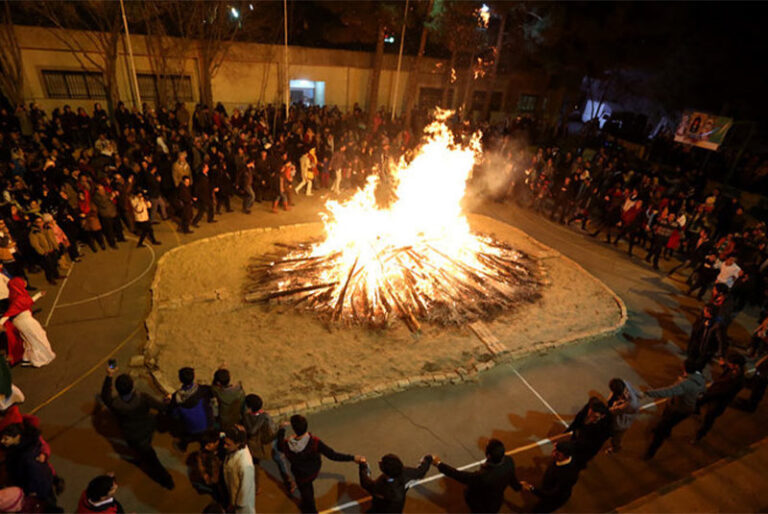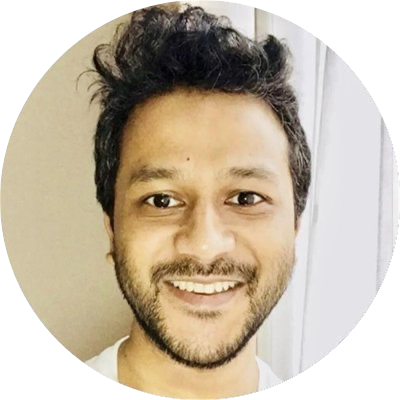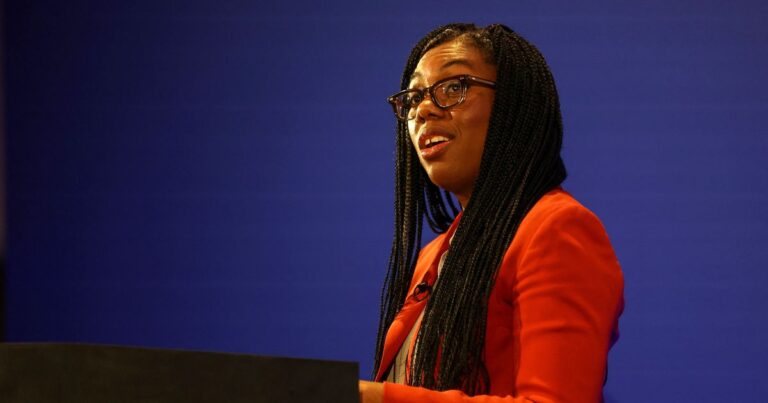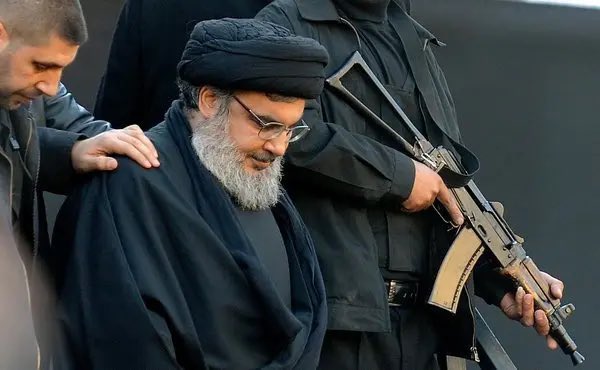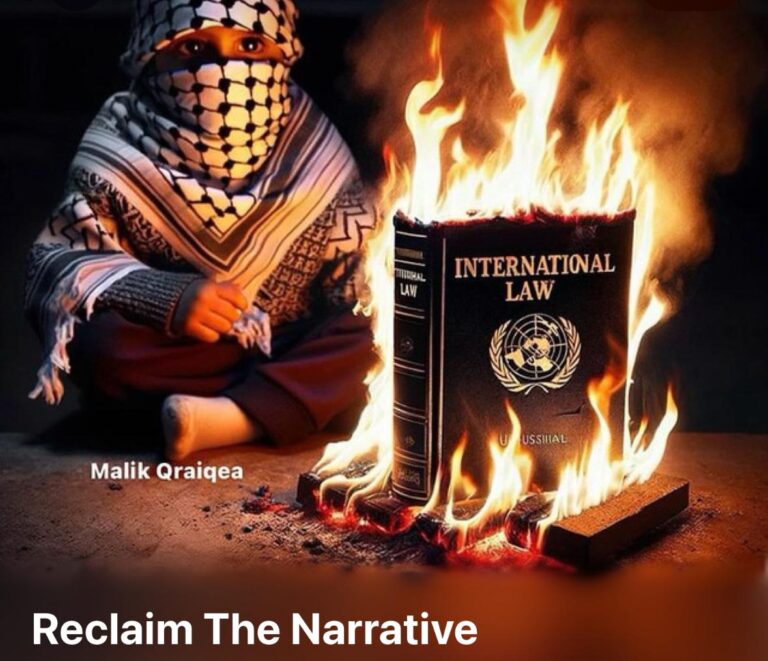International law has been proven to be nothing but a tool for the US to continue its hegemony. (Photo credit: Reclaim The Narrative)
Generations of Palestinians have borne the brunt of Israel’s recurrent aggression since the British occupation in 1917. From the First Intifada to the current genocide, Palestinian children in Gaza have been subjected to relentless trauma characterised by widespread devastation and loss of life. The cyclical nature of colonisation has left an indelible mark on these native children, spreading a cycle of fear, loss, and psychological distress.
The protracted Zionist occupation has profoundly affected the mental health of children, manifesting in a range of psychological symptoms and behavioural challenges. Studies have documented alarming rates of depression, anxiety, and post-traumatic stress disorder (PTSD) among Palestinian children, exacerbated by constant exposure to violence, loss, and displacement. The cumulative effects of Israel’s violence continues to cast a long shadow over their lives, hindering their development and well-being.
Palestinian children, akin to adults, confront arrest, prosecution, and imprisonment within Israel’s military detention apparatus, a system characterised by a stark absence of fair trial protections. Since 1967, the occupation has enforced dual legal frameworks in the same region, subjecting Israeli settlers to civilian law while imposing military law on Palestinians in the occupied West Bank. Remarkably, Israel stands alone globally in consistently trying children in military courts devoid of fundamental legal safeguards, with an estimated 500 to 700 Palestinian children prosecuted annually, according to Defense for Children International Palestine (DCIP).
Since 2000, roughly 13,000 Palestinian children have been detained, interrogated, and incarcerated by Israeli military authorities, constituting approximately 3 out of 4 Palestinian child detainees experiencing physical violence at the hands of Israeli forces.
Notably, under this punitive regime, a staggering 59% of children experienced night-time arrests, 86% not informed of the reason for their arrest, 97% having their hands bound, 89% being blindfolded, 75% subjected to physical violence, 58% subjected to verbal abuse, humiliation, or intimidation during or after their arrest, 54% transferred from the place of their arrest on the floor of a military vehicle, 80% subjected to strip searches, 42% denied adequate food and water, 31% denied access to a toilet, 66% not properly informed of their rights, 97% interrogated without a family member present, 55% shown or made to sign a paper in Hebrew, a language most Palestinian children do not understand, 36% threatened or coerced, 25% subjected to stress positions, and 23% detained in solitary confinement for interrogation purposes for a period of two or more days. The interrogation process typically lacks familial presence and involves intimidation tactics, linguistic barriers, and threats, perpetuating a cycle of coercion and trauma for Palestinian child detainees.
Despite considerable scrutiny from U.N. human rights entities such as the Committee on the Rights of the Child, the Committee Against Torture, the U.N. Working Group on Arbitrary Detention, and the Special Representative of the Secretary-General on Children in Armed Conflict, alongside numerous governmental organisations, Israel persistently neglects to enact substantive reforms to halt their illegal treatment of Palestinian child detainees. This reality is epitomised by the prevalence of charges, primarily stone-throwing, levelled against children, with thousands of Palestinian children subjected to military detention over the last two decades, making them “the only children in the world who are systematically prosecuted in military courts,” according to Save the Children and Defence for Children. The arrest of up to 880 Palestinian children by Israeli occupation (2022) underscores the gravity of the crimes, enabled by Israel’s draconian military legislation.
Criticism from human rights groups has long targeted Israel’s application of military law, a legal framework selectively imposed on Palestinians in occupied territories, in stark contrast to the enhanced rights enjoyed by Israeli settlers under civilian law.
The prevalence of stone-throwing charges reflects a broader strategy aimed not solely at deterring such actions but also at exerting control over Palestinian communities. Many children face arrest during nighttime raids, and some endure administrative detention without trial, raising myriad human rights concerns, including traumatic arrest procedures and abusive treatment by Israeli soldiers. Such systematic violations contravene the U.N. Conventions on the Rights of the Child, ratified by Israel in 1991.
Moreover, the disproportionately high conviction rate exceeding 99% in military courts is indicative of coercive interrogation tactics, which often result in “guilty” pleas due to the expedient route they offer out of custodial detention. Legal representation is often an afterthought, with children only granted access to a lawyer post interrogation through private means or charities like DCIP. The fundamentally flawed nature of these legal proceedings further points out the erosion of justice within this system, wherein challenging a charge may result in indefinite detention until trial conclusion.
Ill-treatment of Palestinian children in the Israeli military detention system appears to be widespread, systematic, and institutionalised.
This assertion is grounded in the recurring reports and the sheer volume, consistency, and persistence of these claims. UNICEF’s comprehensive examination, encompassing documented cases of grave violations of child rights, coupled with interviews with Israeli and Palestinian legal professionals and Palestinian children, lends further weight to this assertion.
The observed pattern of maltreatment encompasses a range of egregious practices, and this mistreatment extends into court proceedings, where children face further infringements on their rights, including shackling, denial of bail, imposition of custodial sentences, and even transfer outside occupied Palestinian territory to serve sentences within Israel. Such practices not only isolate children from their families but also disrupt their education, compounding the injustices they face.
These practices flagrantly contravene international law, which safeguards all children against mistreatment when they come into contact with law enforcement, military, or judicial institutions. The indiscriminate application of military law and the operation of military courts in the West Bank are ostensibly justified under the Hague regulations and the Fourth Geneva Convention. However, these legal frameworks stipulate that such measures should be “temporary” and solely for ensuring security, which stands in stark contrast to Israel’s protracted use of military courts over half a century—a far cry from a “temporary” solution.
Israel’s unique status as the sole nation systematically prosecuting children in military tribunals is a profound concern, particularly given the prevalent charge of stone throwing, a practice often shrouded in ambiguity regarding culpability. The gravity of stone-throwing remains unconscionable to subject children to nighttime arrests, interrogation without legal representation, and the absence of parental notification— a cruel departure from the protections afforded in civil courts.
Israel’s actions are not only in violation of the UN Convention on the Rights of the Child, which it ratified in 1991, but also reflect a departure from international norms regarding the age of criminal responsibility and the treatment of juvenile offenders. Despite raising the age of majority from 16 to 18 in 2011, Israel continues to sentence 16 and 17-year-olds as adults, exacerbating the injustices within the legal system.
Administrative detention, originally intended as a temporary measure during the British Mandate, has morphed into a punitive tool, with Palestinians subjected to prolonged detention without trial—a practice that flouts the Fourth Geneva Convention’s prohibition on transferring and holding prisoners outside occupied territory.
The scale of Israel’s detention apparatus is staggering, with thousands of Palestinians currently incarcerated, including children. These figures, coupled with reports of physical and psychological torture during detention, stress the urgent need for accountability.
The grim reality of Palestinian children being systematically detained and imprisoned by Israeli forces continues to draw international scrutiny. The assertion that Israel has effectively turned the occupied Palestinian territories into an “open-air prison” through widespread, systematic, and arbitrary detentions of Palestinians since 1967 is highlighted by Francesca Albanese, the UN Special Rapporteur on human rights in the occupied territories.
On July 12, 2023, during a UN Human Rights Council side event in Geneva, experts and advocates from organisations such as Defence for Children International (DCI), Amnesty International, and the UN Special Rapporteur on human rights in the Palestinian territories shed light on shocking violations of children’s rights under Israel’s occupation.
The statistics are stark and alarming. Every year, between 500 and 700 Palestinian children are detained by Israeli military courts, which lack the basic safeguards for a fair trial. These children are often violently taken from their homes during nighttime raids, subjected to harsh interrogations, and coerced into confessions. Khaled Quzmar, Director General of DCI-Palestine, underscored the scale of the mistreatment: “Most children are subjected to ill-treatment, torture, and violations of their fundamental rights at the hands of Israeli forces from the moment of arrest.”
Since 1967, more than 800,000 Palestinians, including children as young as 12, have been subjected to arrest and detention by Israeli forces, a fact corroborated by a six month investigation involving consultations, testimonies, and a comprehensive review of primary and public sources. The report exposes the blurring of lines between Israel’s security concerns and the criminalisation of ordinary Palestinian life, with Palestinians often presumed guilty without evidence, detained without charge or trial, and subjected to brutal treatment in Israeli custody.
Albanese highlights unlawful detention practices that could constitute international crimes, condemning Israel’s imposition of martial laws that solely target Palestinians while Jewish-Israeli settlers residing illegally in the same areas are governed by Israeli domestic law. This dual legal system, according to Albanese, serves as the linchpin of Israel’s apartheid regime, perpetuating a cycle of discrimination, persecution, and breaches of due process against Palestinians.
Moreover, the year 2023 leading up to Operation ‘Al Aqsa Flood’ on October 7th witnessed a surge in deadly violence against Palestinian children in the occupied territories, particularly in the West Bank and Gaza Strip. Israeli forces intensified arrest operations and incursions into Palestinian cities, resulting in numerous casualties, including children. The targeting of Palestinian children, exemplified by the tragic events in the Jenin and Nablus governorates, call attention to the systemic violence and impunity perpetuated by Israel’s military occupation.
Scholarly inquiry has shed light on the enduring prevalence of PTSD among Palestinian children, with exposure to chronic violence intricately linked to heightened levels of anxiety, depression, and traumatic stress. Despite emergent initiatives aimed at ameliorating the psychological toll, persistent debates abound regarding the long-term psychosocial repercussions and the inherent resilience of Palestinian youth.
Israel’s military detention of Palestinian children stands as an anomaly in the international landscape. Israel is the only country in the world that automatically and systematically prosecutes minors in military courts. Amnesty International’s Budour Hassan described how Palestinian children are routinely denied access to legal counsel during interrogations and pressured into accepting plea bargains under duress, with no real chance for defence. This system, she argued, is designed not to rehabilitate but to control and suppress.
One of the most egregious practices is administrative detention, a form of imprisonment without charge or trial that is often based on secret evidence unavailable to the detainees or their lawyers. Palestinian children, like their adult counterparts, can be held indefinitely under these conditions. Khaled Quzmar revealed how these children are left powerless to challenge their detentions, further illustrating the inherent unfairness of the system.
The broader context of the Israeli occupation looms large over these detentions. UN Special Rapporteur Francesca Albanese highlighted that “the deprivation of liberty is an ordinary fact of life under occupation.” Everyday activities such as attending political gatherings or protests can lead to severe sentences. This criminalisation of normal Palestinian life, she argued, is part of a systemic effort to maintain control over the Palestinian population, making detention a widespread and accepted practice.
A key moment came during the ceasefire in November 2023 when **240 Palestinian women and children** were released from Israeli prisons, raising serious questions about the detention of so many minors in the first place. The reality is that many of these children are arrested for offenses as minor as **stone-throwing**, a charge that has led to the detention of over **10,000 Palestinian children in the last two decades**.
A report from Save the Children adds further depth to the trauma these young detainees endure. It revealed that 86% of Palestinian children in Israeli detention are physically beaten, 69% are strip-searched, and 42% suffer injuries during their arrests. In stark contrast, Israeli settlers—often living in the same areas—receive more lenient treatment under civilian law. They are typically questioned during daylight hours, in the presence of their parents, and with access to legal representation.
The trauma inflicted on Palestinian children extends well beyond their time in detention. Many of these children suffer from long-term psychological harm due to the violence they experience during their arrests and imprisonment. UN experts like Commissioner Miloon Kothari emphasised that these children are imprisoned in the broader context of an occupation that includes home demolitions, family separations, and the denial of basic human rights. This system of apartheid, reinforced by the military court system, plays a central role in maintaining control over the Palestinian population.
The root cause of these systemic abuses, as experts like Kothari and Albanese have pointed out, is the continued illegal occupation of Palestinian territories. As long as the occupation persists, so too will the arbitrary detention of Palestinian children. The enduring occupation creates an environment where normal life is criminalised, and the Israeli military judicial system serves to reinforce this suppression.
The legal disparities between Israeli and Palestinian children highlight the bleak injustice of the situation. While Israeli children benefit from legal safeguards such as the presence of their parents and access to juvenile courts that prioritise rehabilitation, Palestinian children face a far harsher legal reality. They are prosecuted in military courts, often without access to legal counsel, and endure practices such as solitary confinement, shackling, and coerced confessions. The conviction rate in Israeli military courts is alarmingly high, exceeding 99%, indicating that the system is rigged against Palestinian children from the outset.
For Palestinian children, detention often marks the end of their childhood. The experiences of violent arrests, separation from their families, and abuse leave deep scars—both physically and emotionally. The scale of Israel’s violence today is staggering, with over 17,000 Palestinian children murdered since October 2023’s operation Al Aqsa Flood, and more than 20,000 children orphaned. These figures illustrate the immense toll that Israel’s occupation has taken on the youngest and most vulnerable members of Palestinian society. Raz Segal, an Israeli historian – Associate Professor of Holocaust and Genocide Studies in his writing last year claimed that the assault on Gaza can also be understood in other terms: “as a textbook case of genocide unfolding in front of our eyes. I say this as a scholar of genocide, who has spent many years writing about Israeli mass violence against Palestinians. I have written about settler colonialism and Jewish supremacy in Israel, the distortion of the Holocaust to boost the Israeli arms industry, the weaponisation of antisemitism accusations to justify Israeli violence against Palestinians, and the racist regime of Israeli apartheid.”
Israel’s prolonged use of military courts and administrative detention defies international legal norms, including the UN Convention on the Rights of the Child, which Israel ratified in 1991. Despite raising the legal age of majority to 18, Israel continues to sentence Palestinian children aged 16 and 17 as adults, further exacerbating the injustices within the system.
Despite considerable international attention and condemnation, Israeli authorities have shown little interest in reforming these practices. The persistence of arbitrary detention, the systemic abuse of Palestinian children, and the widespread violation of their rights demonstrate a fundamental disregard for international law. The ongoing occupation and illegal apartheid will continue to produce these injustices until there is a concerted effort to end the systemic oppression of Palestinians.
The Israeli military detention system not only criminalises the existence of Palestinian children but also ensures their trauma extends far beyond their time in custody. The emotional and psychological scars of their experiences, combined with a lack of resources to support their rehabilitation, leave lasting damage. Israel’s systemic abuses rob future generations of Palestinian children of their rights and dignity.
As long as Israel prosecutes children in military courts and without decisive action, Palestinian childhoods will remain captive to a system designed to strip them of their future, dignity, and basic human rights.
Despite the fact that international norms reaffirm that civilians, especially children, generally should not be brought before military courts, Israel remains the only country in the world to automatically and systematically prosecute children in military courts.

